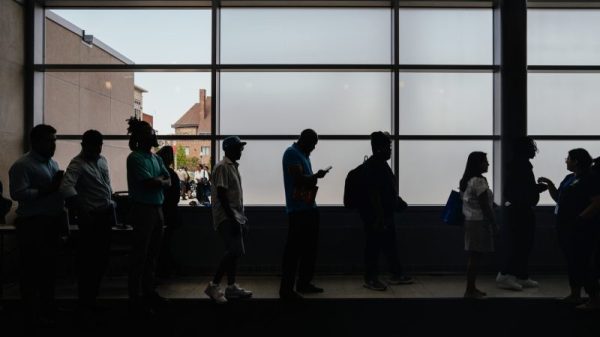Lawmakers are quietly discussing how to quickly move new Russia sanctions legislation — this time with President Donald Trump’s blessing.
“The president has now weighed in, in support of the Russia sanctions legislation,” Senate Majority Leader John Thune told reporters Wednesday, adding that he believed the House would need to make the first move in advancing the measure. However, House GOP leaders have long believed the Senate needs to act first.
Members of the House and Senate are expected to talk Wednesday about advancing the long-stalled bill after Trump privately told top Republicans he supports it, according to Sen. Lindsey Graham (R-S.C.).
Graham also told reporters Wednesday that the White House sent him a statement that very day about the bill, and that lawmakers involved in its drafting have signed off. The bill would impose tariffs on countries that import Russian energy and implement secondary sanctions on foreign firms that support Russian energy production.
“It’s moving,” Graham declared after a closed-door GOP conference lunch.
Rep. Joe Wilson (R-S.C.), who is supporting a bipartisan companion bill of Graham’s in the House, said in an interview Wednesday he believes his chamber could quickly pass the sanctions bill if Trump gave his public blessing. Wilson predicted it would receive overwhelming support from Republicans and Democrats.
He conceded that “15 percent” of members of the House GOP Conference “are isolationist” and will vote against Russia sanctions in any scenario. Despite potentially loud protests from that sliver of Republicans, however, Wilson predicted it wouldn’t be enough to tank the effort.
But House leadership hasn’t yet said if, or when, it will take up the Russia sanctions legislation, and Congress is quickly running out of time before the end of the year to take action.
Thune, on Wednesday, pointed to a December agenda in the Senate already overloaded with appropriations, a defense policy bill, nominations and health care vote.
Asked if he believed sanctions could pass this year, he said, “we’ll see.”













